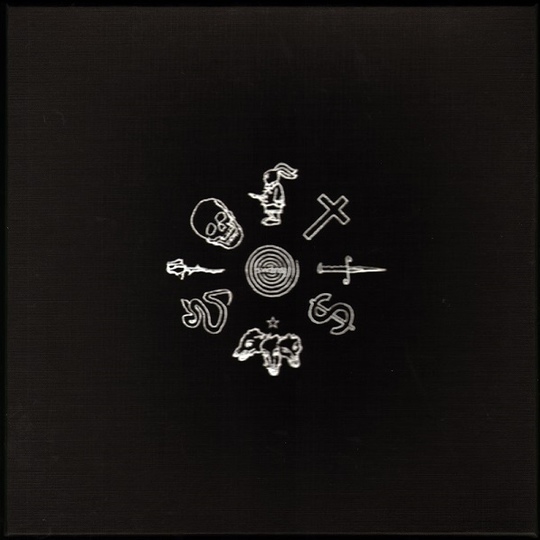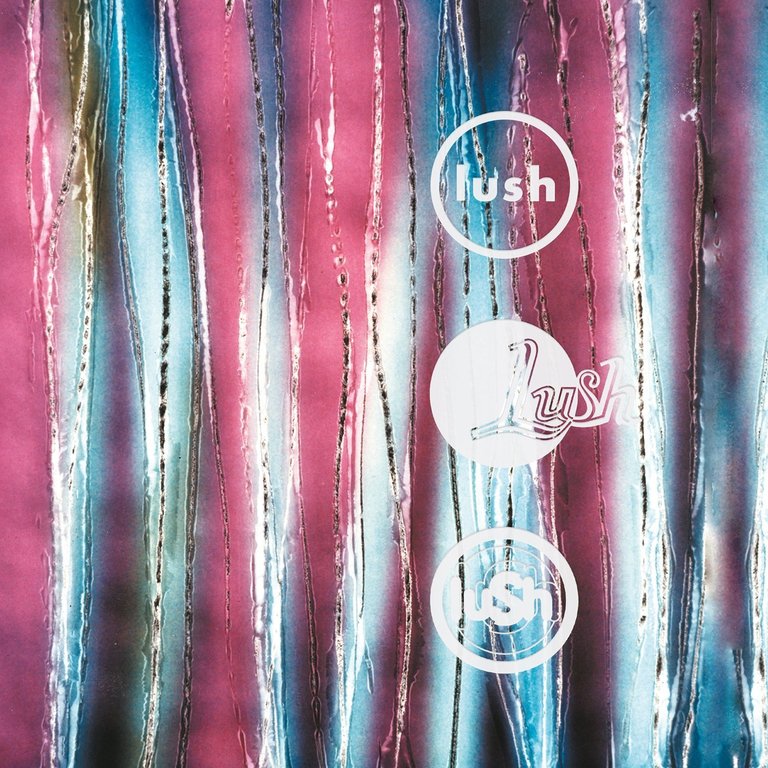For those fans of recent Swans not yet acquainted with the entirety of the group’s back catalogue the newly released early Nineties pair of White Light from the Mouth of Infinity and Love of Life might be a bit of a shock. In comparison to much of M Gira and company’s discography these two records are startlingly accessible. The more traditional songwriting that was first showcased on 1987’s Children of God had been expertly honed by this point – making 1989’s disappointing major label effort The Burning World an acceptable (if still rather unlistenable) misstep.
Of course, what one means by 'accessible' when discussing Swans is somewhat up for debate. These records are still dominated by the claustrophobic gloom many associate with the band, but this is offset by arrangements that – whilst defiantly moody – place melody at the centre of the Swans sound. Acoustic guitar is a near constant, as are dreamy post-punk synths. In contrast to a record like The Seer or To Be Kind there is an absence of frequent swings towards dissonance. Those who have dipped into Gira’s Angels of Light project will pick up similarities but really these two records see Swans exploring a highly distinctive style of melancholia that they would never revisit. In fact the style of these albums is unique enough that Gira had – until these re-releases – largely consigned them to the same scrap heap as The Burning World (bar some appearances on the tellingly titled Various Failures compilation).
White Light… is definitely the stronger of the two records – in fact it’s a close rival for top spot in the group’s entire oeuvre. It contains 13 of the finest songs Gira has ever written, from the maudlin ‘Blind’ to the colossal ‘Miracle of Love’. Jarboe’s contributions (measurable both through her vocals and her keys/synths) are crucial. There’s no danger of anything veering into folk balladry with her around. Love of Life is no less consistent but suffers from being something of a rerun of its predecessor's ideas. Highlights, including the up-tempo pair of the title track and ‘Amnesia’ (an industrial-tinged anomaly pointing towards 1995’s The Great Annihilator and the majestic ‘Her’, are as good as anything on White Light…. However, some tracks – such as ‘Identity’ and the oddly frustrating ‘She Cries (For Spider)’ – don’t live up to their full potential. The record’s six interlude tracks (out of 17) are a nice touch though.
If there’s a general critique to be made of both albums then it must surely be that they sound of their time, largely due to a production style more reminiscent of Eighties The Cure than anything Swans had done in that decade. Whilst this takes a little getting used to – especially for those who associate Swans with the fairly brutalist production styles of Filth or The Seer – it suits the material and its winning combination of wistful misery and oddball romance. Perhaps a little more variety in pace would be appreciated, but then that’s a criticism that could be raised in regard to the vast majority of Swans’ output.
As is the form with reissues nowadays these reissues are accompanied by a bonus disc of extras, but there’s little gold here (the few highlights from The Burning World – especially the tremendous ‘God Damn the Sun’ – would have been a nice addition). Most of the material has surfaced before. None of it is worth the price of admission here on its own. Nevertheless Mute must be thanked for prioritising these two excellent albums in their ongoing Swans reissue campaign. These are essential additions to the collection of any Swans fan.
-
8Benjamin Bland's Score






















